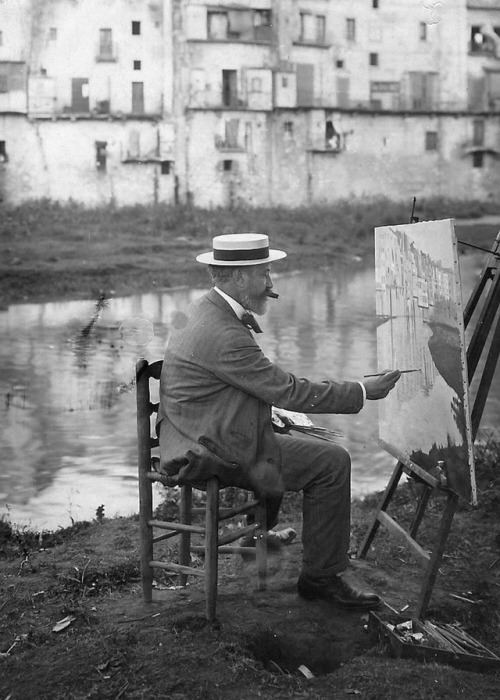Our current moment tends to misunderstand the Enlightenment, which challenged a world governed by epistemic dogma, handed down by religion and royalty, that held truth as something frozen, complete, and beyond debate. The Enlightenment was an effort to treat truth as something that wasn’t a given but needed to be worked on, and could be failed at. The experience of the Enlightenment was and remains itself a crisis of reality.Epistemic uncertainty isn’t something we are newly experiencing. It has, again, lingered through modernity. The modern rise of science and democracy, the industrial revolutions, globalization, the furthering of transportation, urbanism, and mass media all multiply that uncertainty by providing access to other cultures, ideas, and ways of knowing. Technology warps what we think is real faster than we can cope, which continues to bring both possibility and despair. Truth’s contestability means that the meaning of your life, or anyone else’s, is a question that is possible to ask, and possible to get wrong. You can fail to become the person you’re supposed to be. Truth, in short, was and continues to be radically contested. That was always the point.(...)So many journalists and pundits have failed to describe our world accurately, and the inability to outline a coherent account of our reality can be felt as the impossibility of coherence at all. But the world isn’t really as blurry as their cloudy vision. Maybe we’d prefer if current political conditions were all a cruel joke or surreal dream, but the motives that shape our world are sincere and their effects are abundantly clear. Rather than ascribe Trump’s victory to postmodern bogeymen, it seems more accurate to point out that he won because he is openly racist and that stance has been popular enough. Perhaps “post-truth” is the condition of being wrong multiplied by your own sense of expertise.
Nathan Jurgenson, Faked out. Vale a pena ler na íntegra.


